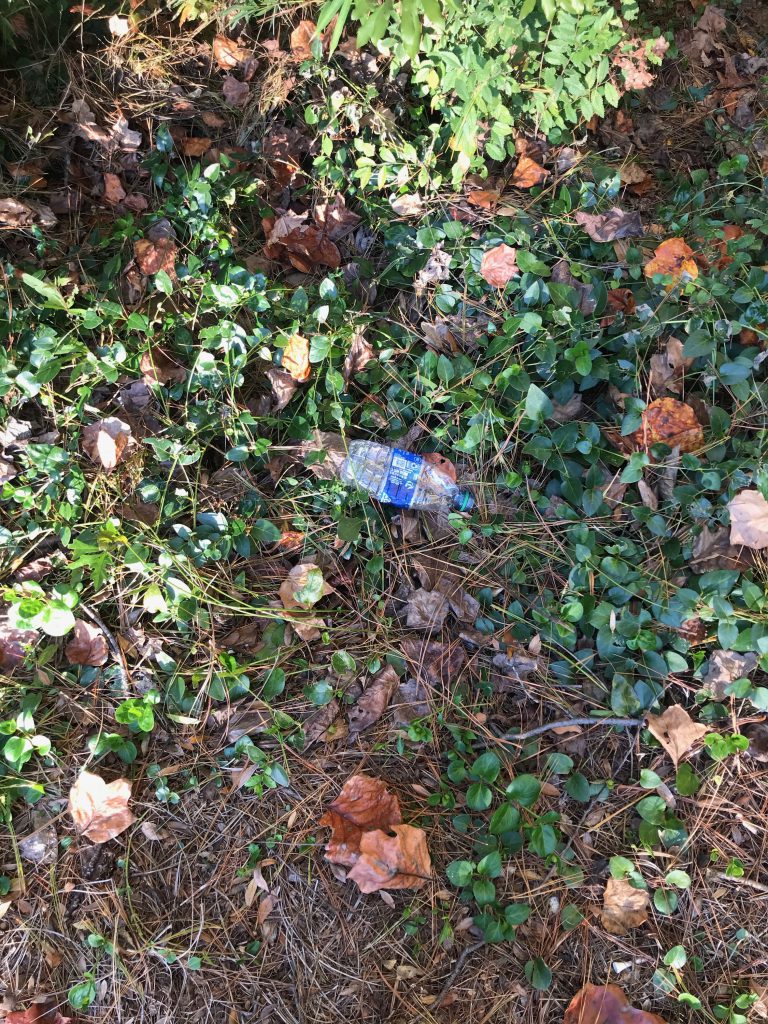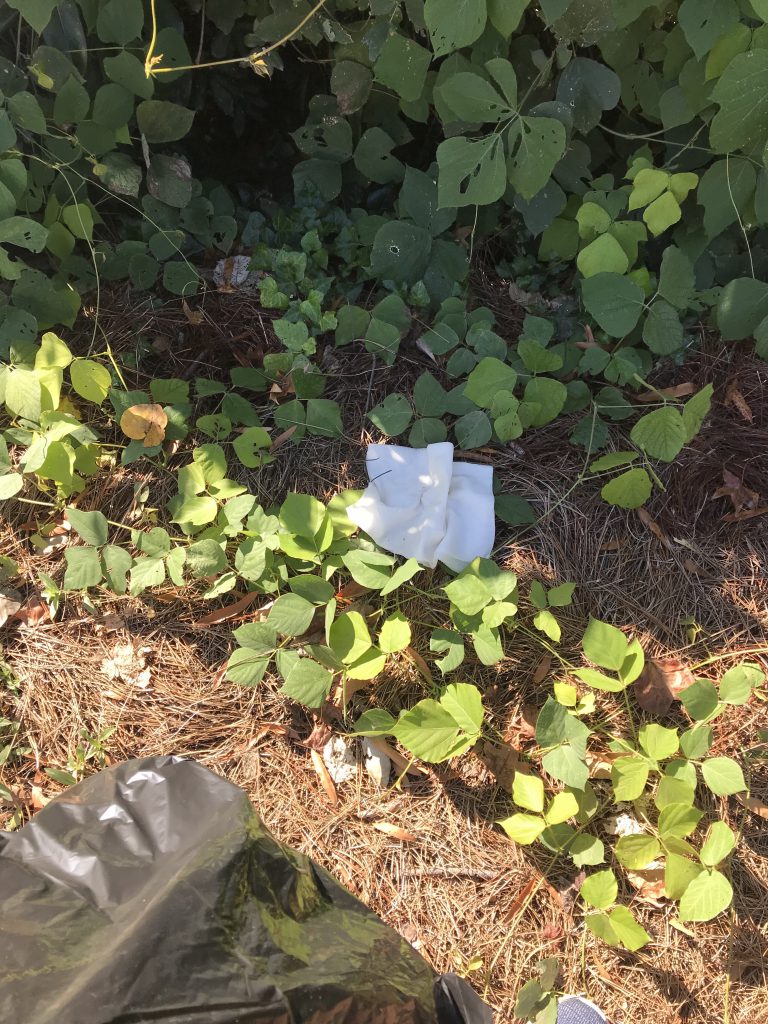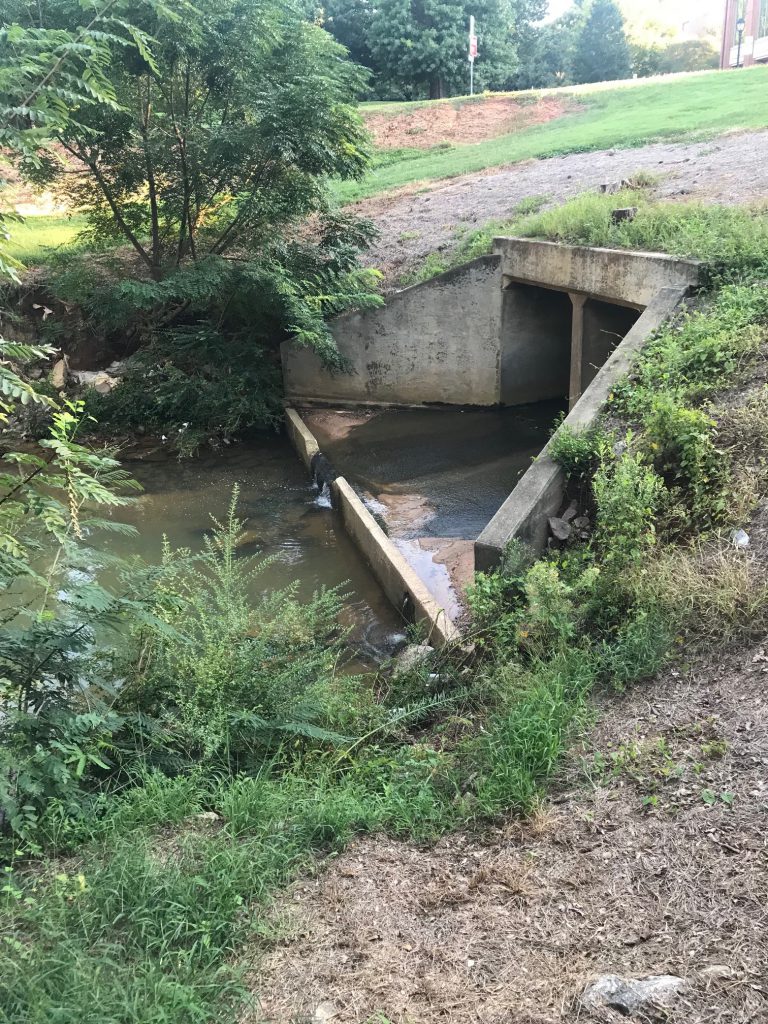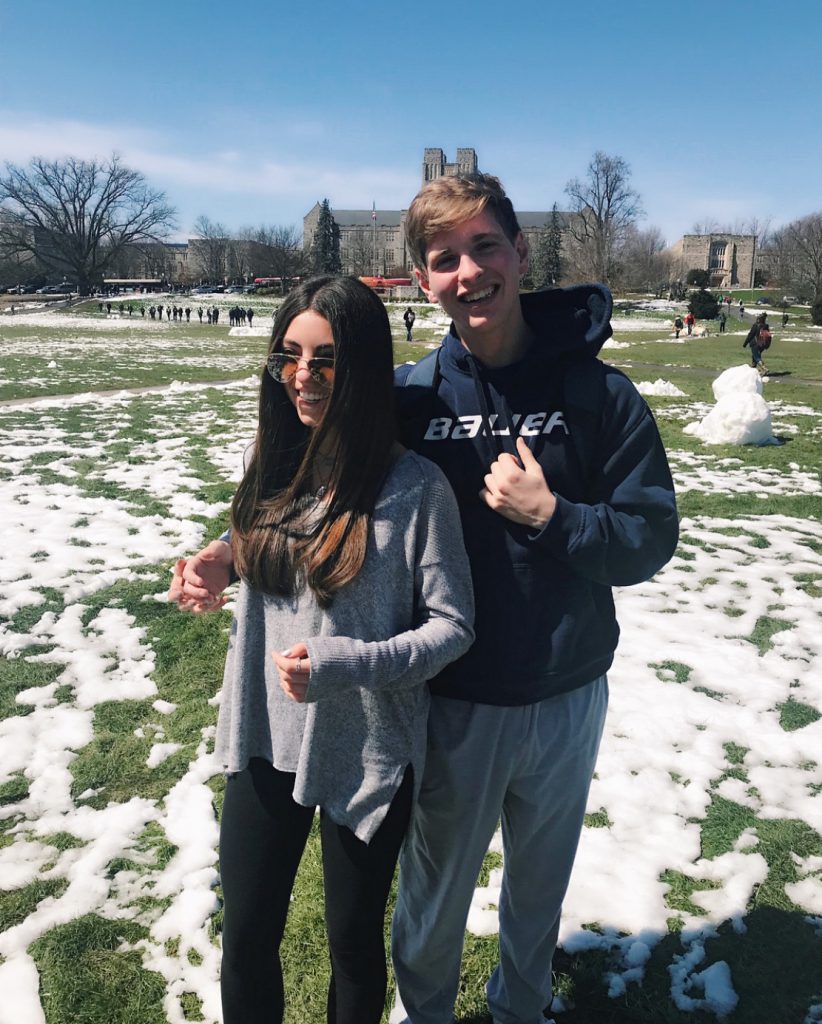With the development of medicine and DNA technology, we have known for some time that diseases like breast cancer and ovarian cancer is tied to genetics. Similarly, we have recently found more evidence that prostate cancer in men is also linked to genetics which, on a lighter note, can lead us to even more early identification of this cancer in men around the world.
What?
According to SNPedia, a risk model for prostate cancers is based on two major predictors. The first is family history and inherited genetic mutations. The traits and code passed to you from your parents; or a genetic mutation, which is a permanent alteration in the DNA sequence for a gene. The second is 5 SNPs. SNPs are the most common form of genetic variation in individuals, each one represents a difference in a single DNA nucleotide.
Research has shown a connection of some type between individual types of prostate cancers and inherited mutations in BRCA1, BRCA2, ATM and CHEK2. BRCA 1 and 2 are both genes that produce tumor suppressor proteins. ATM is also a gene that makes proteins that when mutated increases the risk of cancers. The CHEK2 gene provides instructions for making a protein called checkpoint kinase 2. This protein acts as a tumor suppressor
The 5 SNPs chosen to represent five regions of chromosomes 17q12, 17q24.3 and 8q24 (three regions) are rs4430796, from ch 17q12, rs1859962, from ch 17q24.3, rs16901979, from ch 8q24 (region 2), rs6983267, from 8q24 (region 3), and rs1447295, from 8q24 (region 1).
These are the gene sequences and mutations tested to help address aggressive types of prostate cancer in men.
Who?
There are, according to the Urology Care Foundation, two groups of men that should actively consider genetic testing for prostate cancer.
The first group is men with localized prostate cancer who also have a family history of breast, colon, ovarian, pancreatic or prostate cancer. Localized means that the cancer has not spread outside the prostate. The reason why men with this type of cancer should consider being tested is that it can identify mutations in genes that could be harmful or be passed to offspring, rather than assess the risk of developing prostate cancer.
The second group of men who may want to think about genetic screening are those with metastatic prostate cancer. Metastatic prostate cancer is a type of cancer that has spread beyond the prostate into other areas of the body. A recent study found that nearly 12 percent of men with metastatic prostate cancer will have a genetic mutation present. This discovery can help lead to various treatment plans for patients, which brings me to my next point.
Why?
Getting the news that you have a genetic mutation linked to prostate cancer benefits your whole family. They too may now consider testing to see if they also inherited the gene. Moreover, men with a family history of a genetic mutation should start getting screened for prostate cancer earlier than men who do not. BRCA1 and BRCA 2, two of the genes in question have an autosomal dominant pattern of inheritance while ATM and CHEK2 are passed in an autosomal recessive manner.
On the contrary, there is speculation about the drawbacks of using genetic testing haphazardly with men. While screening helps many patients and their families, there is concern that we could begin to overuse genetic testing prematurely in men for a type of cancer that more men die with than die of, according to AARP.
The main reason to get genetic testing is if you have been diagnosed with a form of prostate cancer or it runs in your family so you can educate your family about the importance of early detection. The misconception that all men need to get screened for early detection can lead to overuse of screening as well as premature testing which is costly, time-consuming, and stigmatized. There is also, however, the benefit screening provides to men who do not have prostate cancer of alerting them to mutations that put them at a higher risk, etc.
Another caution in genetic testing is the possibility of false-negative and false-positive test results. According to a Harvard Medical School study, the test failed to predict 95% of cancer in the sample of men, as well as 2.2% of men without cancer in the study were lead to worry about an increased risk of cancer. This worry is another caution of screening for men.
There are also ethical questions as well as psychosocial risks which include guilt, anxiety, impaired self-esteem, social stigma, and discrimination when it comes to employment or insurance.
You should ask yourself all these questions if you are considering genetic testing for prostate cancer.
References:
https://ghr.nlm.nih.gov/condition/prostate-cancer




